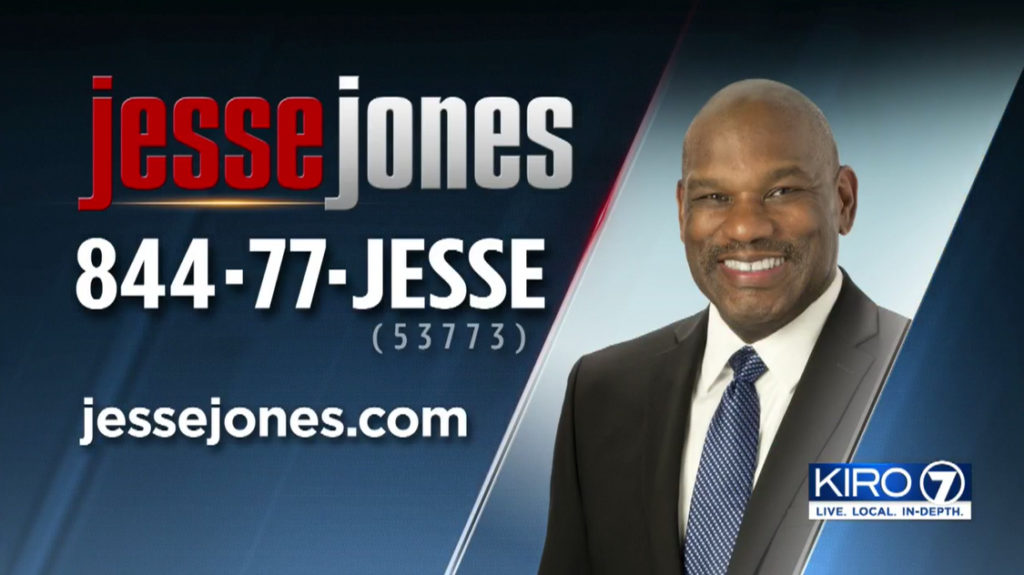Since the pandemic has hit our shores, scammers have pummeled Sharon Hosking’s email account.
“I started getting these weird emails saying I had made purchases in large amounts for X-Box and QuickBooks,” says Sharon.
The scam emails were made to look as if they came from Comcast and had her personal information included. In one message, the bad guys said Sharon spent more than $1600 on QuickBooks Pro. It asks her to verify her sign in, or her account will be blocked. And the phone number they want her to call? Bogus.
“I’m looking at this stuff and I thought, ‘no I haven’t made these purchases.’ And I called the number that it said on here, this guy answers, and he didn’t answer as Xfinity,” says Sharon.
The scammers are looking for credit card numbers and log-in information. See, they know the pandemic has consumers on edge. So they are flooding in-boxes with more junk than ever.
And experts say all it takes is one click. If you bite on a bad email, they’ll send more.
“They target, they have profiles, they know if they send out a thousand emails - they know who’s going to click on what,” says Dr. J. Michael Skiba.
Dr. Skiba is a world-renowned criminologist and author of “The Psychology of Fraud.” He says the emails may look crude, but scammers keep very detailed analytical data of the people who fall into these cyber traps.
“They know if you have the propensity to click on a fake Netflix link once, then there’s a propensity somewhere inside of you,” says Dr. Skiba. “Your degree of vulnerability may be higher than your neighbor, and you do have something inside you that may increase your risk in the future and they know that and they capitalize on it.”
Sharon got more bad emails. And then there were the fraudulent “computer repair calls” where a thief tricks someone into installing malware on their computer.
“He says ‘we need you to run that program.’ I said ‘you’ve got to be kidding me!’ I’m not running a computer, what I don’t know on my computer,” says Sharon.
Sharon was smart to hang up on that guy.
We spoke to Comcast about Sharon and in a statement the company said:
“It is important to note that Comcast will never ask customers for password information over the phone, chat or email, nor will we ask for billing or payment information through email”
Bottom Line: be alert to these scams in tough times. And if an email asks you to contact them for a purchase, find the number or email to the business independently, and contact them yourself.
Because if you fall for the scam once, they’ll keep on coming back.

Email Jesse right now at consumer@kiro7.com
Cox Media Group

:quality(70)/d1hfln2sfez66z.cloudfront.net/04-20-2023/t_753513af1bcc46cab0fecb8fcf8d991e_name_FTP10_McCarty_Powell_Social_Worker_6p_Pkg.jpg)
:quality(70)/cloudfront-us-east-1.images.arcpublishing.com/cmg/L6BHE7EW5JGJ3JXNUF7M64TBBY.jpeg)
:quality(70)/d1hfln2sfez66z.cloudfront.net/07-26-2024/t_14e43d245bb647f3be8e39d033b97d3e_name_file_960x540_1200_v3_1_.jpg)
:quality(70)/cloudfront-us-east-1.images.arcpublishing.com/cmg/QJDCKVQO5FCQ3EM2DTTOLKBXZE.jpg)
:quality(70)/cloudfront-us-east-1.images.arcpublishing.com/cmg/3VIK3LYTDNHSJBGHJQQPHHCSN4.jpg)